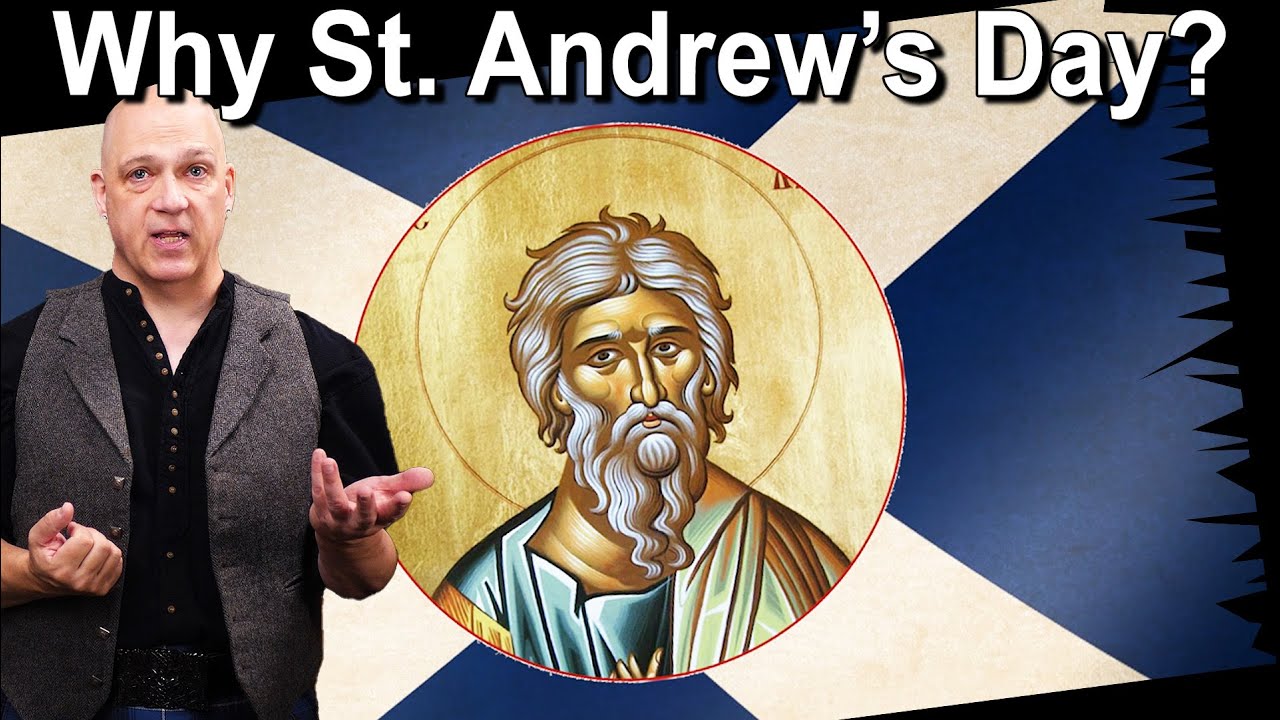What Would It Mean to 'Prove' God Exists? (Aquinas 101)
Summary
TLDRThe script delves into St. Thomas Aquinas's 'five ways' as rigorous proofs of God's existence, emphasizing that proof necessitates certainty and a necessary connection between premises and conclusion. It clarifies that Aquinas's aim is not to prove God's attributes but to establish the existence of a deity. The discourse encourages fair interpretation, focusing on whether Aquinas's arguments meet his own high standards of proof and what exactly he sets out to prove.
Takeaways
- 📖 Aquinas's 'five ways' are not merely persuasive arguments but are intended to be rigorous proofs of God's existence.
- 🤔 Proof, according to Aquinas, is not just about convincing someone; it requires a necessary connection to the truth.
- 🍏 The example of the serpent in the Garden of Eden illustrates that persuasion does not equate to proof, as the devil did not prove that eating the apple was okay.
- 🌂 A weather report predicting rain is used to show that even if someone is convinced of its accuracy, it doesn't constitute a proof because it could be wrong.
- 🚫 Aquinas emphasizes that a true proof leaves no room for error, which is the standard the 'five ways' must meet.
- 📉 The 'five ways' aim to prove the existence of a god, not to describe the attributes of an all-powerful, all-knowing being, which is a common misconception.
- 🔍 The structure of the 'five ways' follows a logical pattern: defining 'god', showing something fits that definition, and concluding that such a god exists.
- 🌋 An example using 'aa' volcanic rocks illustrates Aquinas's method of proving the existence of something by matching a definition to a reality.
- 🤓 The debate should focus on the second premise of the 'five ways', which is whether something actually satisfies the definition of 'god'.
- 📚 The series will delve into the different definitions of 'god' used in the 'five ways' and the arguments for their satisfaction.
- 💡 The audience is encouraged to ask whether Aquinas has proved his points and to understand exactly what he is trying to prove.
Q & A
What is the main point of discussion in the transcript?
-The main point of discussion is St. Thomas Aquinas's 'five ways' and the nature of proof in relation to these arguments, specifically whether they are sufficient to prove the existence of God.
What does the transcript suggest about the difference between persuasion and proof?
-The transcript suggests that while persuasion can convince someone of something that is not true, proof requires not only truth but also a necessary connection between the premises and the conclusion, leaving no room for error.
According to the transcript, what is the purpose of Aquinas's 'five ways'?
-The 'five ways' are intended to prove the existence of God, not merely to persuade or convince, but to provide a certainty that there is a god, based on specific definitions of what 'a god' might be.
What is the criticism mentioned in the transcript about Aquinas's 'five ways'?
-The criticism is that the 'five ways' are too weak and do not prove the existence of an all-powerful, all-knowing, all-good, all-loving, all-merciful being.
How does the transcript suggest we should evaluate Aquinas's 'five ways'?
-We should evaluate the 'five ways' based on what they actually set out to prove, not on what we wish they set out to prove, and ensure we are neither raising nor lowering the bar Aquinas set for his proofs.
What is the structure of Aquinas's argument in the 'five ways' according to the transcript?
-The structure is: (1) defining what 'a god' is, (2) affirming that something matches that definition, and (3) concluding that there is a god.
What example is given in the transcript to illustrate Aquinas's general theory of proof?
-The example given is the existence of 'aa', a type of volcanic rock, which is proven by showing that there are rocks that match the definition of 'aa'.
What does the transcript suggest is the focus of debate regarding Aquinas's 'five ways'?
-The debate should focus on the second premise of each way, which is whether there is actually anything that satisfies the definition of 'god' provided.
What is the advice given in the transcript for those considering Aquinas's arguments?
-The advice is to keep in mind two questions: 'Has he proved it?' and 'What, exactly, is he trying to prove?'
What resource does the transcript recommend for further study on Aquinas's 'five ways'?
-The transcript recommends visiting Aquinas101.com for readings, podcasts, and more videos, and signing up for free video courses on Aquinas.
Outlines

This section is available to paid users only. Please upgrade to access this part.
Upgrade NowMindmap

This section is available to paid users only. Please upgrade to access this part.
Upgrade NowKeywords

This section is available to paid users only. Please upgrade to access this part.
Upgrade NowHighlights

This section is available to paid users only. Please upgrade to access this part.
Upgrade NowTranscripts

This section is available to paid users only. Please upgrade to access this part.
Upgrade NowBrowse More Related Video

Thomistic Bible Study: Matthew 1 (Podcast)

Галилео. Мосты Петербурга

What's so GREAT about Antony the Great?

What are the Passions?

#F448 Terapia das Doenças Espirituais.05- Terapia da gastrimargia

Saint Andrew's Day - Who Was St. Andrew And Why Do Scots Celebrate His Day?

A CRUZ QUE FALA - Série: Símbolos Franciscanos (2/5)
5.0 / 5 (0 votes)